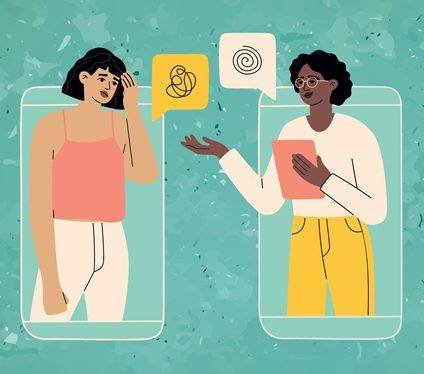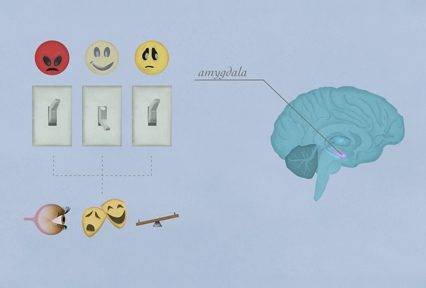
Depression Signs & Symptoms
The common signs and symptoms of clinical depression include a variety of emotional, psychological, behavioral, physiological, and cognitive manifestations. The person loses all his interest in his daily activities; he cannot even find pleasure in the things that he found pleasurable previously, and usually quits his routine tasks as a result such as taking a bath, changing clothes, taking care of personal hygiene, procrastinating in initiating or completing routine work, etc. He starts liking to live in isolation and does not feel like engaging in social activities or meeting people.
His sleep also gets disturbed, he either starts sleeping too much or too little, he may find difficulty in initiating sleep or maintaining a sound sleep. Significant changes in his appetite also occur; he may start overeating or lose all his appetite which can further lead to significant weight gain or weight loss. The person feels fatigued, exhausted, physically drained, lethargic, and low in energies all the time.
He cannot perform even small day-to-day tasks. A sense of irritability, agitation, restlessness, and poor stress or frustration tolerance is experienced by an individual in a depressed state. Attention or concentration difficulties are also experienced. Depression is also considered a major risk factor for suicide. Suicidal tendencies including suicidal ideation or suicide attempts also increase in intensity during the depression. The person feels worthless and undermines all his achievements in life.
He may report unexplained pains in different parts of the body such as headache, muscle pain, back pain, etc. Despite all these symptoms, a person feels helpless to improve his state. There is a greater risk during this state that a person may get involved in reckless behaviors like drug abuse to find temporary relief from this state which can further play havoc in his life and creates double jeopardy for him.


